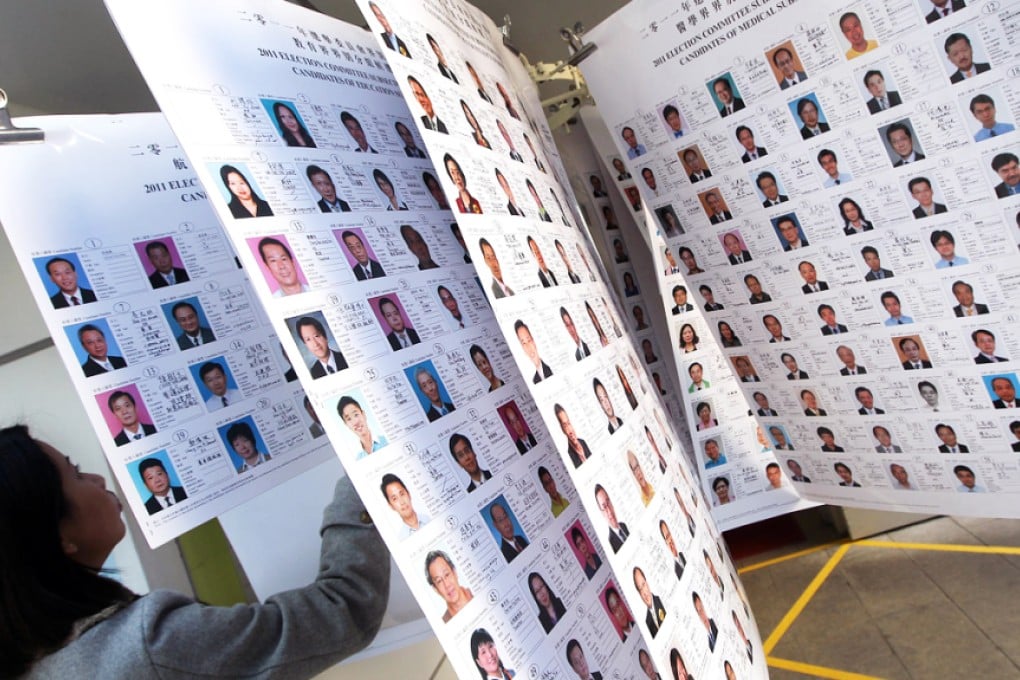District Council elections: battle renewed in a shifting political landscape
The first citywide elections since the Occupy protests will allow the public to deliver their verdict on the movement that rocked the city

Next month's district council elections are widely seen as a litmus test of public support for the pan-democratic and pro-establishment camps in the wake of the Occupy protests.
More than 930 aspirants for the first citywide elections since the momentous event are on the campaign trail. Pundits are pondering how the aftermath of the 79-day protests will change Hong Kong's political landscape and affect the prospects of candidates from rival camps.
Demographic changes among voters and young people's incentive to vote will also affect the fortunes of candidates from the pan-democratic and pro-establishment camps on November 22, according to Ivan Choy Chi-keung, a political analyst at Chinese University who has been monitoring local elections for more than two decades.
A record 935 nominations for 431 seats in the district council elections were received by registration deadline on October 15, but about 15 per cent of the seats up for grabs will be uncontested.
The pro-establishment parties are fielding 297 candidates, with 171 from the Democratic Alliance for the Betterment and Progress of Hong Kong.
In the rival camp, some 178 candidates are running from groups including the Democratic Party, the Association for Democracy and People's Livelihood (ADPL) and the Civic Party. The Democrat candidates face contenders from DAB arch-rivals in 46 constituencies.